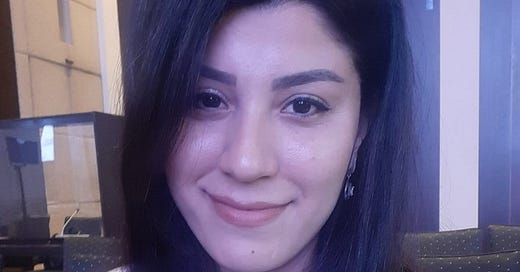Tajikistan’s forbidden question: Why China is off-limits
Rukhshona Hakimova, a journalist and researcher, asked about Beijing’s influence – and paid the price with her freedom.
All too often in Tajikistan, the cruelty is the point.
Until early last year, Rukhshona Hakimova, 31, was eking out a living as one of a dwindling community of unaffiliated, independent journalists. Her thoughts were mainly on her two small children, the youngest of which was less than one year old.
In February, she took on a routine re…
Keep reading with a 7-day free trial
Subscribe to Havli - A Central Asia Substack to keep reading this post and get 7 days of free access to the full post archives.





